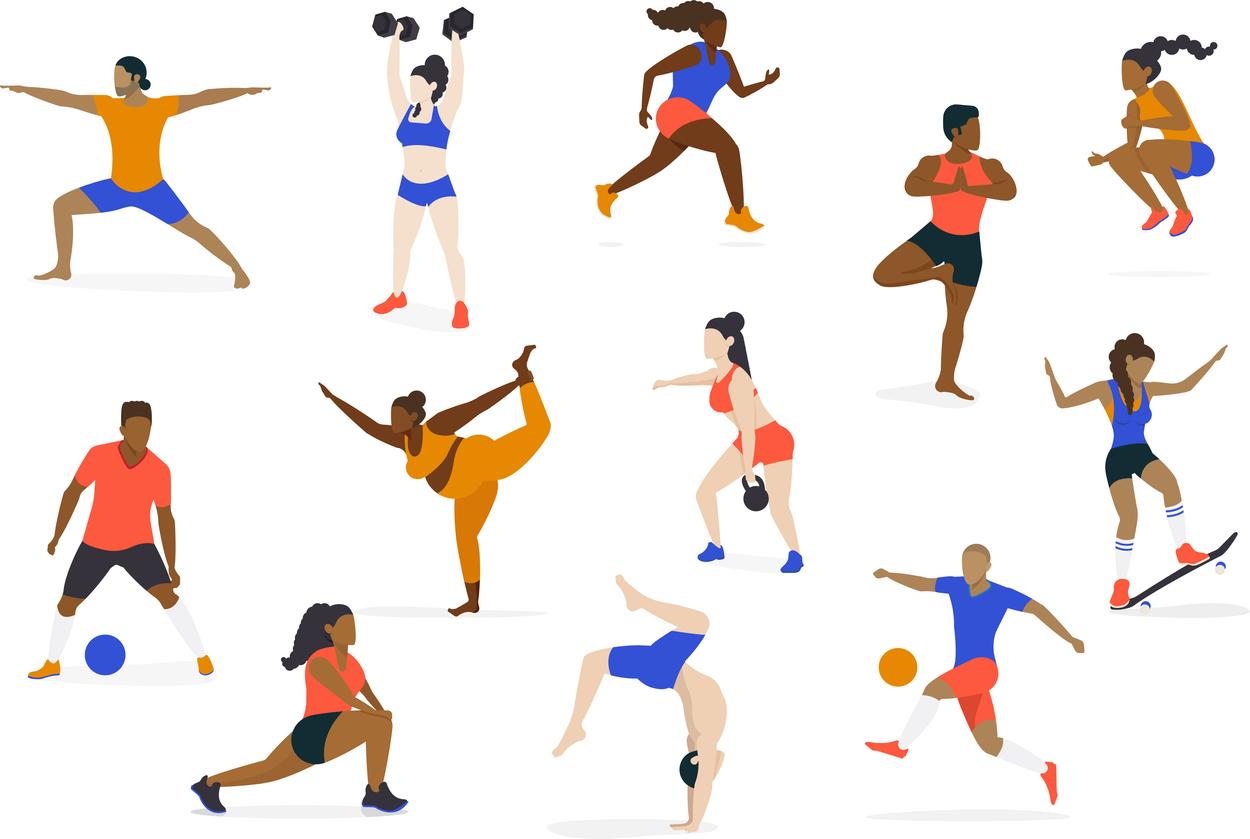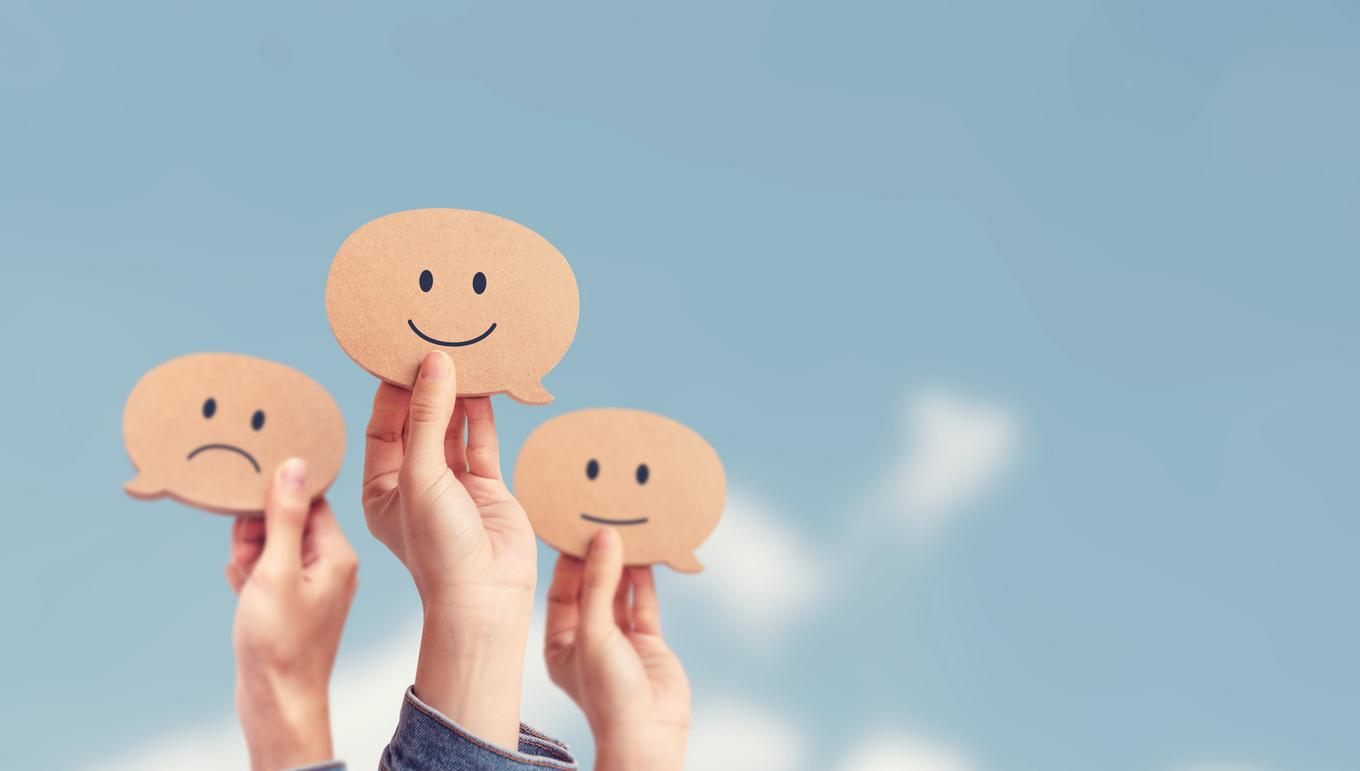American scientists have established a link between curiosity and patience.

- Higher curiosity promotes the patience necessary to let information unfold over time.
- During the experiment, curiosity was dynamic and shared varying links with emotions.
- Being highly curious can improve memory and build perseverance throughout a learning journey.
“When we watch TV shows or football games, we watch this information evolve over time, not knowing how it will all end. I wanted to know if greater curiosity would cause people to seek out or avoid information. ‘be immediately spoiled’, said Abby Hsiung, professor at Duke University (United States), in a statement. In order to find out for sure, the researcher and her team carried out a study published in the journal Proceedings of the National Academy of Sciences.
Curiosity increases adults’ patience
As part of the work, they recruited 2,043 adults. The authors were inspired by short videos popular on Instagram and TikTok. “These videos caught my attention because even though they are very short, they manage to develop a narrative and suspense that keeps you invested and curious to know what the lasagna, for example, will look like”, said the professor. During the experiment, participants had to watch 25 drawing videos, the duration of which was 30 seconds. They had to indicate how curious they were, how they felt and guess what the drawing would become (for example: a dog, a taco, etc.). The volunteers also had a “spoiler” button to move on to the final drawing.
According to the results, when participants were curious, they refrained from pressing the “spoiler” button and continued to watch the drawings being made. In contrast, adults who were not curious tended to opt for an immediate response. “Curiosity not only motivated getting answers, it increased the value of the journey itself,” explained Alison Adcock, co-author of the research.
“Knowing the end of a new series can take away the pleasure of watching the plot unfold”
Curiosity increased at different stages of watching these videos. The team saw greater curiosity in moments when it seemed like the drawing could turn into anything and also when volunteers began to really focus on a single answer. Another observation: as the information evolved, curiosity sparked the feeling of joy, which may explain why people continued to watch the drawing video even though they could just press a button to get the response immediately. “Knowing the ending of a new TV series, for example, can take away the pleasure of watching the plot unfold”added Scott Huettel, co-author of the study.
Researchers also suggest that curiosity could help boost motivation in the classroom and potentially improve learning. In detail, increased curiosity can improve memory by “preparing” the brain to receive new information.















